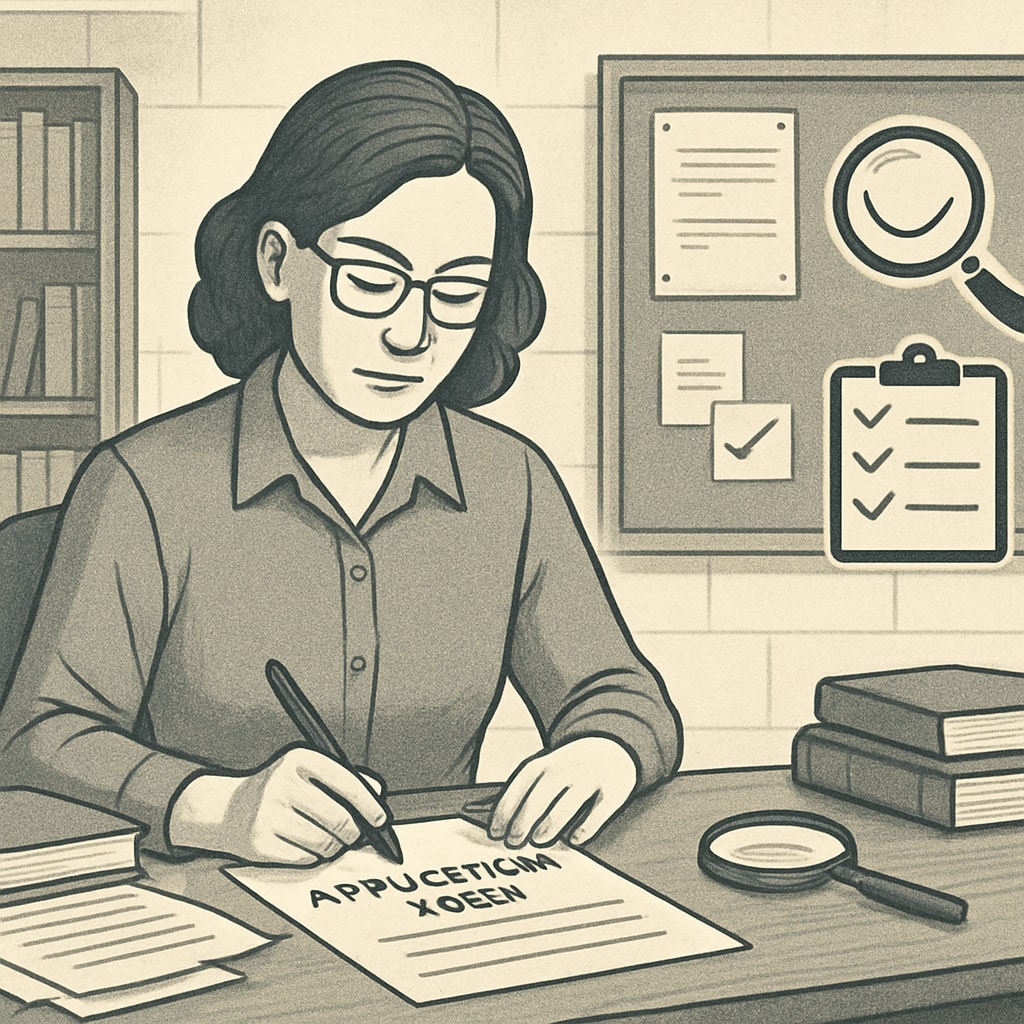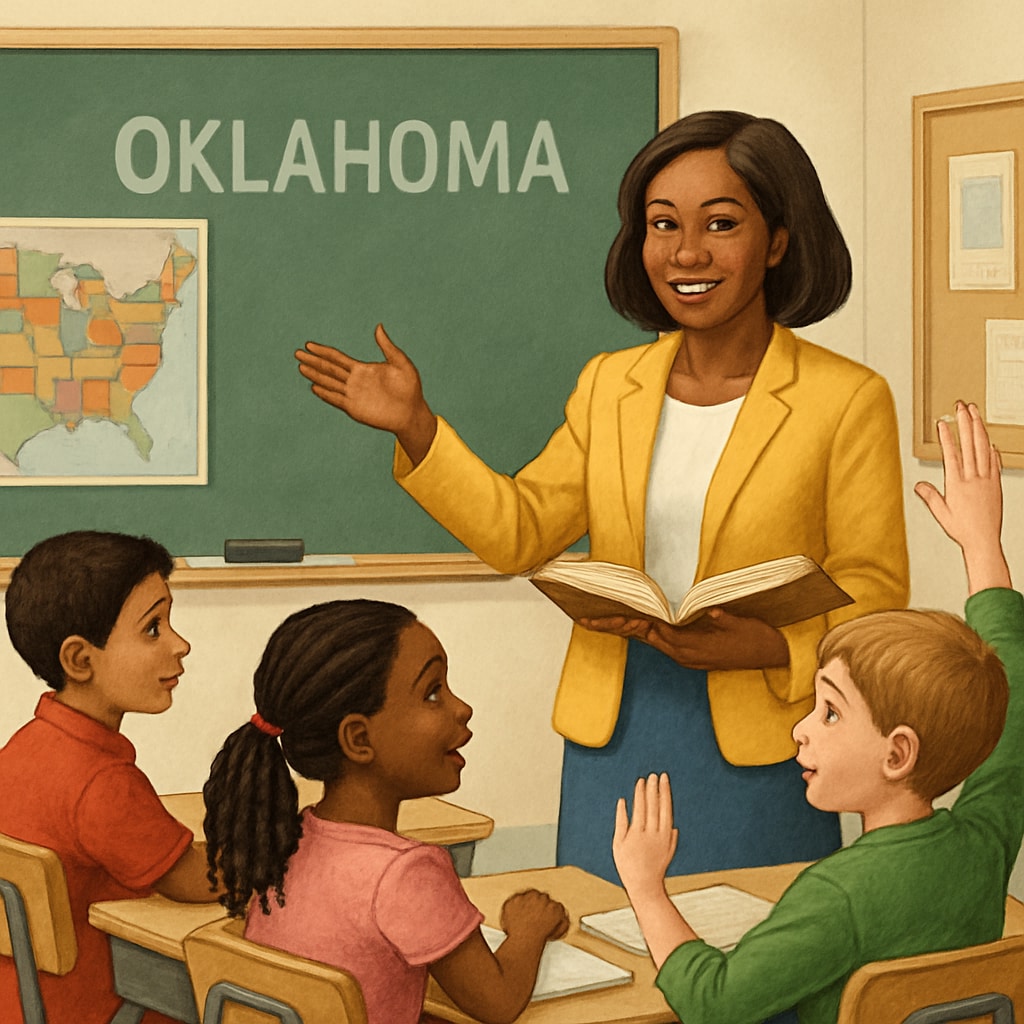The state of Oklahoma has introduced a controversial new policy targeting out-of-state teacher applications, requiring candidates to undergo political bias testing. This move has ignited debates around education freedom and the growing politicization of hiring processes in K12 classrooms. Proponents claim this measure ensures alignment with local values, while critics argue it threatens professional diversity and the integrity of the teaching profession.

The Origins of Political Bias Testing in Teacher Applications
The decision to include political bias as part of teacher application processes stems from Oklahoma’s broader push to prioritize ideological alignment in education. Leaders in the state have expressed concern about external cultural influences that may conflict with community values. As a result, the policy requires applicants from other states to disclose political affiliations, participate in interviews probing ideological viewpoints, and submit evidence of adherence to state-specific teaching standards.
While some argue this approach is a necessary safeguard against divisive influences, others view it as an overreach. The requirement could discourage experienced educators from applying, thereby narrowing the talent pool available to Oklahoma schools. For more insight into political bias in education, read the Political Bias article on Wikipedia.
Impacts on K12 Education and Professional Diversity
Oklahoma’s policy raises significant concerns about its impact on the K12 education environment. By screening teachers for political alignment, the state risks prioritizing ideology over professional qualifications. This could lead to fewer educators from diverse backgrounds, ultimately limiting students’ exposure to a variety of perspectives.
Furthermore, the emphasis on political bias testing could create an atmosphere of fear and self-censorship among educators. Teachers might feel pressured to conform to specific viewpoints, even if those beliefs conflict with their professional judgment or teaching methods. Studies on academic freedom on Britannica highlight how such constraints can undermine effective education.

Challenges for Education Freedom and Policy Reform
The introduction of political bias testing for teacher applicants represents a growing trend of politicization within education systems across the United States. This policy raises critical questions about the balance between local control and professional autonomy. Should states have the right to enforce ideological conformity among educators, or should teachers be allowed to bring diverse perspectives into their classrooms?
For Oklahoma, the challenge lies in implementing policies that both respect local values and uphold the principles of academic freedom. Policymakers must carefully assess whether these measures serve the best interests of students or merely reflect broader political battles. Striking this balance is essential to maintaining a high-quality and inclusive educational system.
Readability guidance: Use concise paragraphs to improve accessibility and clarity. Introduce lists or bullet points for summarizing key impacts and challenges related to this policy. Incorporate transitional phrases (“however,” “therefore,” “for example”) for smoother flow between ideas.


